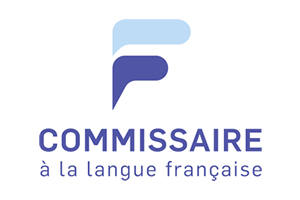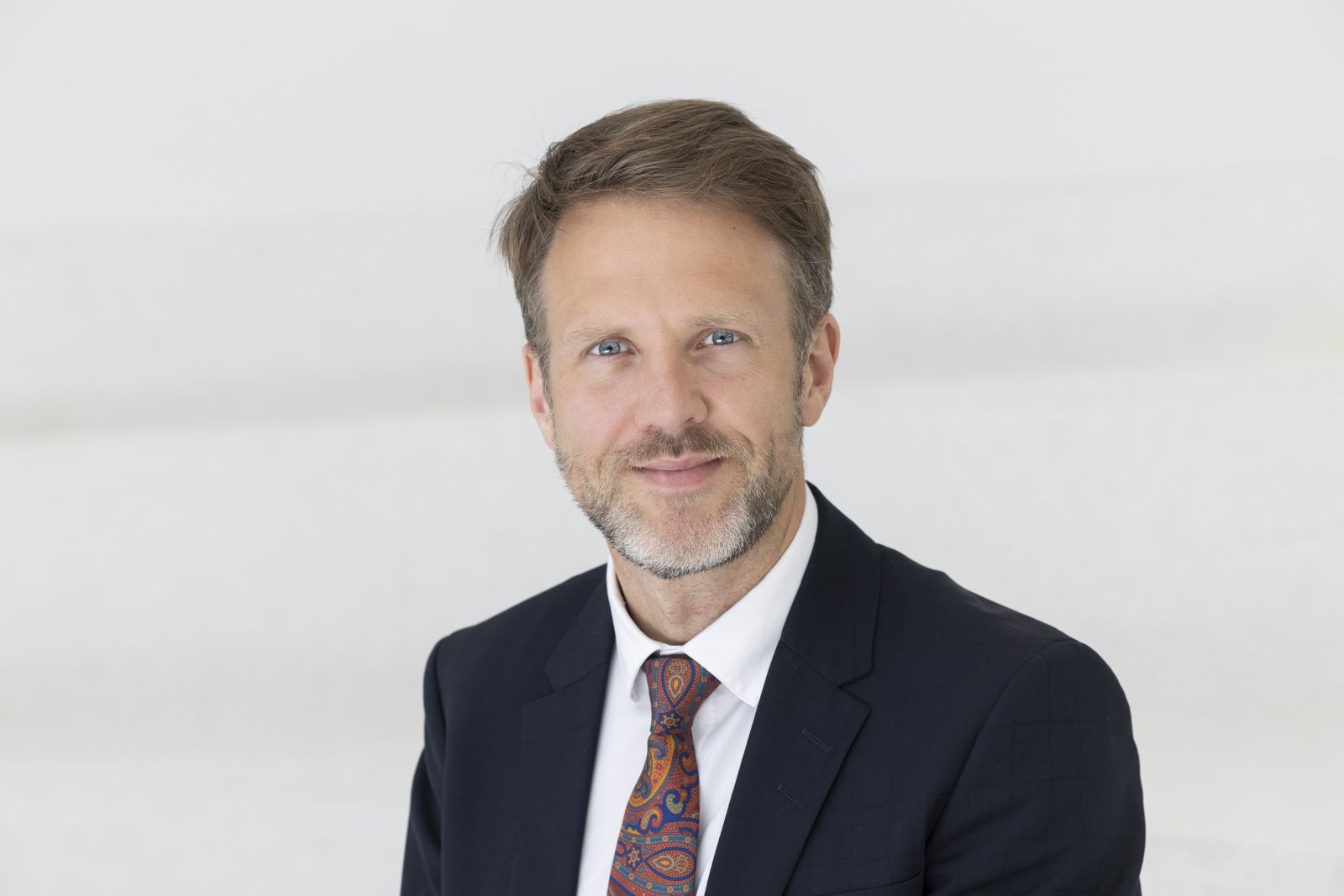Commissaire à la langue française Québec (Canada)
About the Member
|
Benoît Dubreuil holds a PhD in philosophy from the Université libre de Bruxelles (2007) and an MBA from Université Laval (2021). He has worked as a research officer at the Université de Montréal and as a postdoctoral researcher at the Université du Québec à Montréal, in addition to teaching philosophy and political science at both universities. A polyglot, he is the author of several books and articles on the foundations of cooperation and language, on ethics and epistemology, and on public policy. In the Government of Canada, he worked as an analyst at Employment and Social Development Canada, then held senior positions at Aboriginal Services Canada and the Canada Impact Assessment Agency. In the Quebec government, he worked as advisor to the Minister of Higher Education, then served on the Commission d'évaluation de l'enseignement collégial and the Commission d'éthique en science et technologie. |
About the Member's Office
|
The position of French Language Commissioner was created in 2022, and the first Commissioner took office on March 1, 2023. The Commissioner ensures compliance with the Charter of the French Language. In this way, he contributes to the survival and vitality of the French language. More specifically, the Commissioner’s mandate is to:
|
Key Information on the Language Situation in this Country/Region
|
Under the Charter of the French Language, adopted in 1977, French is the only official language of Quebec. The Charter imposes the use of French in various fields, including education, public administration and business. Since 2022, the Charter has also made French the common language of Quebec, i.e. the host language and the language of integration for immigrants, the language of intercultural communication, and the language of participation and contribution to Quebec's distinct culture. Although French is largely predominant in Quebec society, English also plays a significant role. It enjoys official language status at the Canadian level, and some municipalities, particularly Montreal, have significant English-speaking populations. According to the 2021 Canadian census, nearly 75% of the Quebec population had French as their mother tongue, and 78% used it most often at home. English was the mother tongue of around 8% of Quebec residents, but was spoken at home by around 10%. Some 94% of the Quebec population understood French, and almost half (46%) could conduct a conversation in both French and English. In recent decades, globalization, increasing bilingualism and international immigration have led to a sharp rise in linguistic diversity in Quebec, particularly in the Montreal metropolitan area. While French remains the predominant language throughout Quebec, a growing proportion of the population uses more than one language in their daily lives. These ongoing social, linguistic, and demographic changes are fuelling a rich and lively public debate on both the aims of language planning and the effectiveness of existing policies. |


 Country / Region
Country / Region